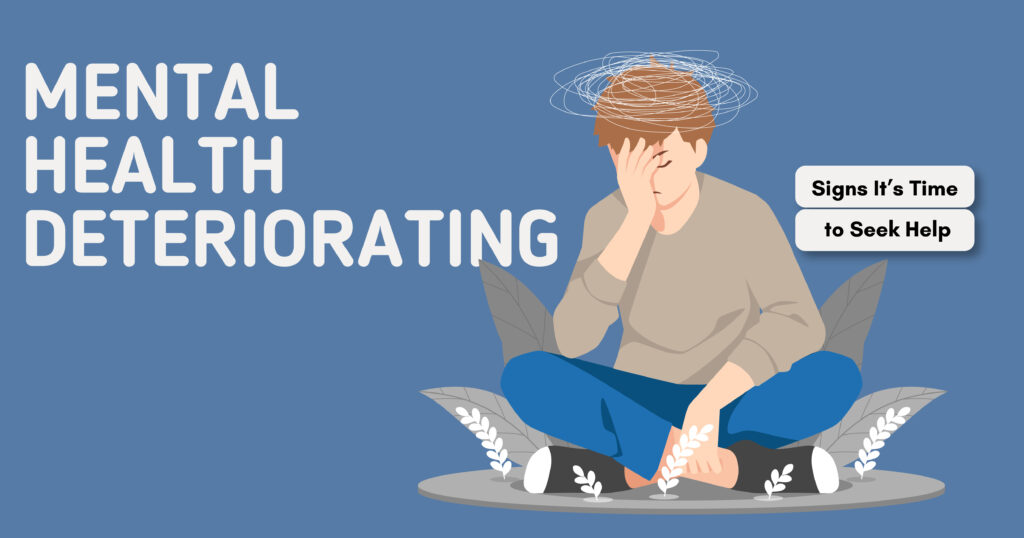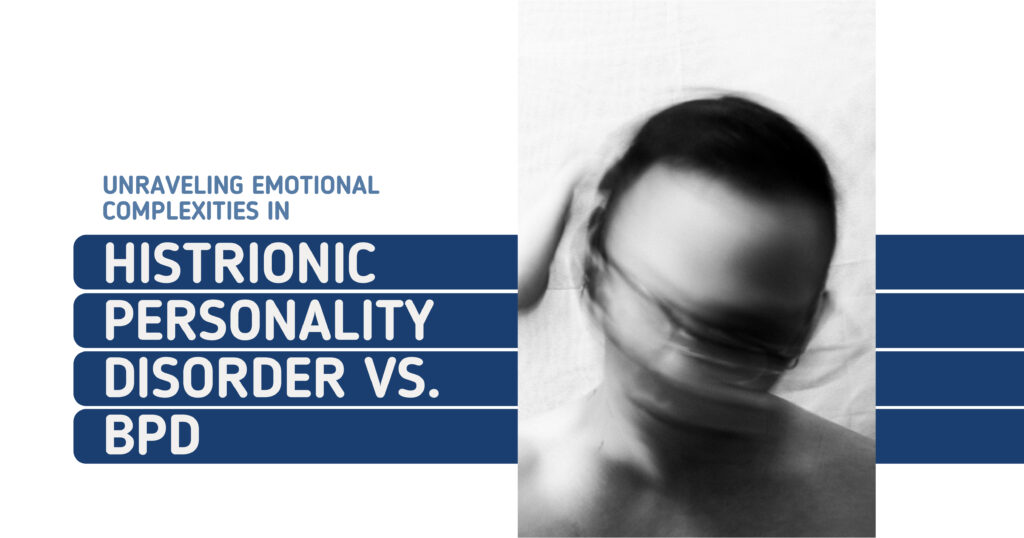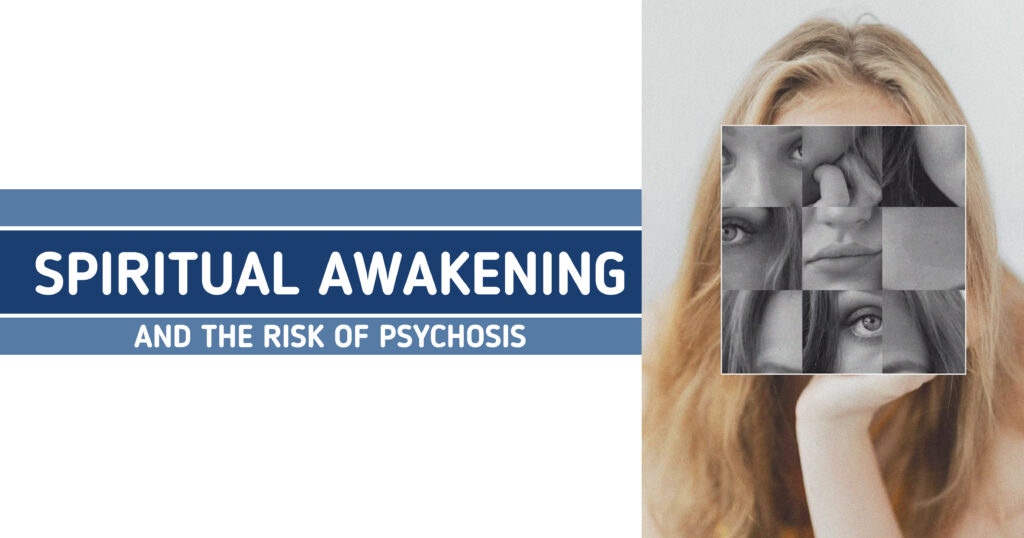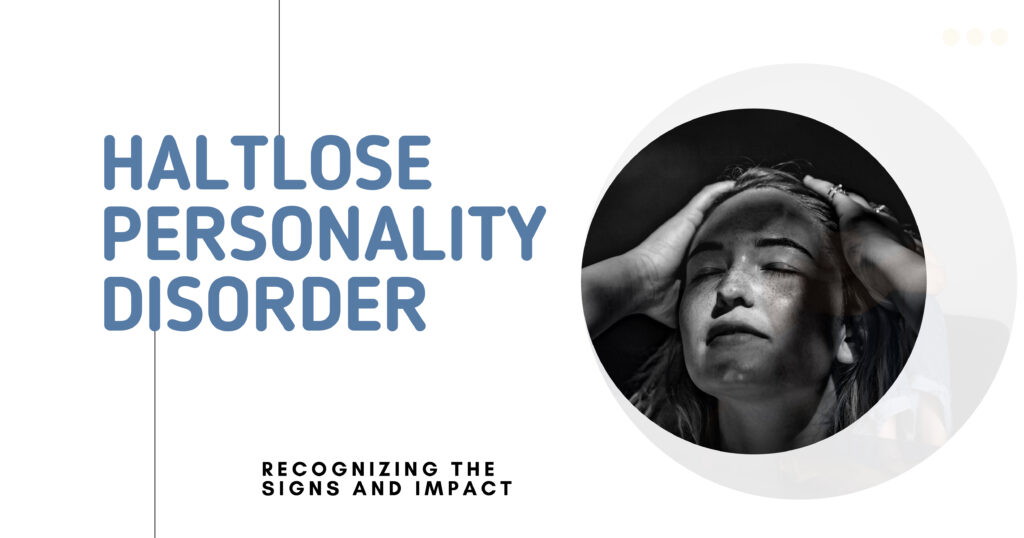Have you ever caught yourself thinking, “Why is my mental health getting worse?” or silently whispering, “My mental health is declining, and I don’t know why”? You’re not alone. Across the U.S., over 1 in 5 adults experience mental illness each year, yet countless people continue to struggle in silence, unsure if what they’re feeling is temporary stress or a sign that their mental health is deteriorating. You might feel more tired than usual, isolated from loved ones, or struggle with even small tasks—these could be signs that something deeper is going on. It’s not just about what happens to us, but how our nervous systems process the experience. If a situation overwhelms our ability to cope, it can trigger trauma responses that quietly deteriorate mental health over time.
If you’ve recently thought, “Is Mental Health Deteriorating?” or you’re worried you’re not functioning like you used to, it may be time to pay closer attention to the signs. This guide will walk you through the symptoms of declining mental health, help you understand potential causes, and offer actionable steps toward recovery.
Understanding When Mental Health Is Deteriorating
The deterioration of mental health progresses slowly over time through subtle changes that people commonly accept as normal. A typical work and relationship schedule maintains itself until one uncertain day. The deterioration occurs progressively until bedtime becomes harder to manage alongside text message responses and self-recognition in front of mirrors. The situation starts to worry you.
The experience of lodging difficult questions inside your mind should give you comfort, knowing you are one of many going through similar situations. Inner thoughts generally serve as the initial warning signs when a deeper condition exists.
San Diego Mental Health
Common Questions People Ask Themselves
These thoughts often surface before people even realize their mental health is deteriorating:
- Why is my mental health getting worse even though nothing “big” happened?
- Why do I feel exhausted all the time, even after resting?
- Is it worse to be aware of your mental health? It just makes me feel more helpless.
- Why is my mental health declining when I’m doing everything “right”?
- Am I just lazy, or is something actually wrong with me?
- I used to be able to handle more, what changed?
- How do I know if I’m just stressed or if this is something more serious?
- Why do small tasks suddenly feel so overwhelming?
Physical and Emotional Signs Your Mental Health May Be Getting Worse
Depression has negative effects that disrupt your ability to sleep, change your appetite, and damage your immune system. These health issues produce disturbances in your mental functioning, your affective responses, and social capabilities. Seeking help immediately after detecting mental health indicators can help prevent a severe breakdown.
Here are 4 physical signs and 4 emotional signs to watch for:
Physical Signs:
- Constant fatigue
- Sleep disturbances
- Body aches and headaches
- Appetite and digestive changes
Emotional Signs:
- Emotional numbness
- Increased irritability
- Frequent anxiety or panic
- Hopelessness
Fatigue, Sleep Changes, and Physical Discomfort
Your mental health deteriorates when your body begins to show clear indicators of what was previously normal functioning. The symptoms you experience include feeling exhausted while finding it difficult to both sleep at night and develop unexplained physical discomforts. Body signals guide toward basic psychological or emotional issues through physical distress.
The following sections outline how physical manifestations appear in conditions of deteriorating mental health.
| Symptom | Description |
| Constant Fatigue | Feeling drained, sluggish, or low-energy despite getting rest or sleep. |
| Sleep Disruptions | Difficulty falling asleep, waking frequently, or sleeping far more than usual. |
| Body Aches and Tension | Unexplained headaches, back pain, or tight muscles are often caused by stress. |
| Digestive Issues or Appetite Changes | Nausea, upset stomach, loss of appetite, or emotional eating patterns. |
Behavioral Changes That Signal a Decline in Mental Health
Changes in your behavior, especially those without obvious signals, can provide the clearest indications about the decline of your mental health. At the beginning, most behavioral symptoms of declining mental health show up as mild indications, which include the avoidance of social commitments and the abandonment of familiar daily patterns that would have normally made you feel better. Slow changes in your behavior eventually multiply until you become disconnected from your original self.
Withdrawing from Social Activities
A deterioration of mental health typically triggers individuals to separate from social contacts. The way you respond to invitations leads to declining them, and your text messages cause you to avoid others and develop reasons to distance yourself from your close relations. Initially, you find this habit energizing, but then it starts causing unbearable fatigue and anxiety with physical discomfort.
The signs that surface after social withdrawal develop as follows:
- Canceling plans at the last minute without a clear reason
- Feeling overwhelmed by the idea of talking to others, even online
- Letting messages and calls pile up without responding
- Avoiding group settings or places that once felt familiar
- Feeling like you’re a burden to others, so you isolate instead
Cognitive Symptoms to Watch Out For
Patients may only experience minor cognitive changes after their body undergoes emotional or physical transformations. The effects of cognitive decline create difficulties with attention span, forgetting information, and generate continuous negative thoughts, which work to obstruct routine activities and diminish quality of life.
External Triggers That Can Worsen Mental Health
Your mental health condition develops from both internal elements, including stress and trauma, and genetics, yet external conditions significantly contribute to its decline. Various external elements that affect mental health exist at different levels of complexity. External elements, including substance use and unhealthy life habits, act as worseners that create additional difficulty for mental health recovery.
The regular occurrence of such triggers forms cycles between physical and emotional deterioration of your overall condition. The analysis of outside influences that shape mental health is essential for effective management of your mental condition.
San Diego Mental Health
Substance Use and Poor Lifestyle Habits
Your mental health condition becomes greatly worse because of substance usage, together with unhealthy lifestyle practices. The use of alcohol, drugs, and caffeine gives short-term alleviation, but it creates lasting damage to mental health.
Several factors have a direct impact on your psychological health due to the following effects:
- Alcohol, drugs, and even excessive caffeine can alter your brain chemistry, disrupt sleep patterns, and increase feelings of depression or anxiety.
- Poor diet and lack of exercise
- Constantly pushing yourself too hard or not setting boundaries can lead to burnout.
What to Do When You Realize “My Mental Health Is Declining”
People experiencing signs of declining mental health must act early, regardless of their physical, mental, or behavioral symptoms. The recovery begins when you identify your struggling condition, so it requires bravery, but finding the proper next steps becomes overwhelming. You have multiple effective approaches to regain control, which will help you feel better again.
Your most important life decision consists of finding professional support. Working with someone who is trained to help will supply you with the support together with guidance, and special tools that you need to begin your mental recovery.
When It’s Time to Talk to a Professional
Small mood changes with temporary stress levels can be managed alone, but professional intervention becomes necessary at some point.
A person should seek professional help when experiencing the following indicators.
- When Symptoms Persist for Weeks or Months
- When Your Symptoms Are Impacting Your Daily Life
- When You Feel Overwhelmed or Unable to Cope
- When Self-Help Strategies Aren’t Enough
The decision to speak with a mental health professional indicates strength rather than weakness because it allows you to regain oversight of your health situation. Working with mental health professionals will supply you with management tools along with personal insight to heal from your current symptoms.
How Therapy and Mental Health Services Can Help
Meeting with a professionally trained individual helps patients identify their core symptoms better while providing the required tools to either address or eliminate these problems. The therapeutic setting allows you to safely disclose your mind’s workload while a counselor teaches you functional methods to manage your reactions.
Written support through individual programs coupled with group sessions or psychiatric evaluation produces substantial beneficial effects. With guidance from professionals, you can learn alternative ways to think positively, and you will develop better life habits that result in lasting improvements for your overall health. Therapy reveals existing troubles such as ignored traumatic events and unnoted stress factors, which help explain your worsening health condition.
Reach Out to San Diego Mental Health for the Support You Deserve
When you observe warning signs indicating a degraded mental state, you should take initiative immediately. Early intervention is crucial to us at San Diego Mental Health because we offer complete support through these difficulties. The staff members at our center exist to deliver help for individuals who face anxiety, depression, or any other recognized condition.
You can start your recovery journey by contacting us right now.
FAQs
Why is my mental health getting worse even though nothing has changed?
The mental state of a person might deteriorate gradually over time because of accumulated stress and previous trauma alongside hormonal fluctuations.
Is it normal to feel emotionally numb for long periods of time?
When someone experiences emotional numbness, it often reveals symptoms of mental issues that include depression plus trauma. Emotional detachment lasting more than a brief period should spur a discussion about deeper health issues with a professional.
What’s the difference between a bad week and actual mental health deterioration?
The symptoms of a bad week usually resolve when you rest from the situation or engage in self-care activities. Mental health deterioration has a lasting impact on multiple aspects of your life, specifically causing malfunctioning and relational distress as well as mood disturbances.
Can physical health issues cause my mental health to decline?
Physical health issues cause major consequences for one’s mental condition. The brain chemistry responds negatively to illnesses, along with pain and interrupted sleep, which produces feelings of prolonged distress, anxiety, and fatigue.
San Diego Mental Health
When should I seek professional help instead of trying to manage alone?
You need to consult with a specialist when your mental health signs persist beyond weeks and create daily life challenges or gradually become more severe.








